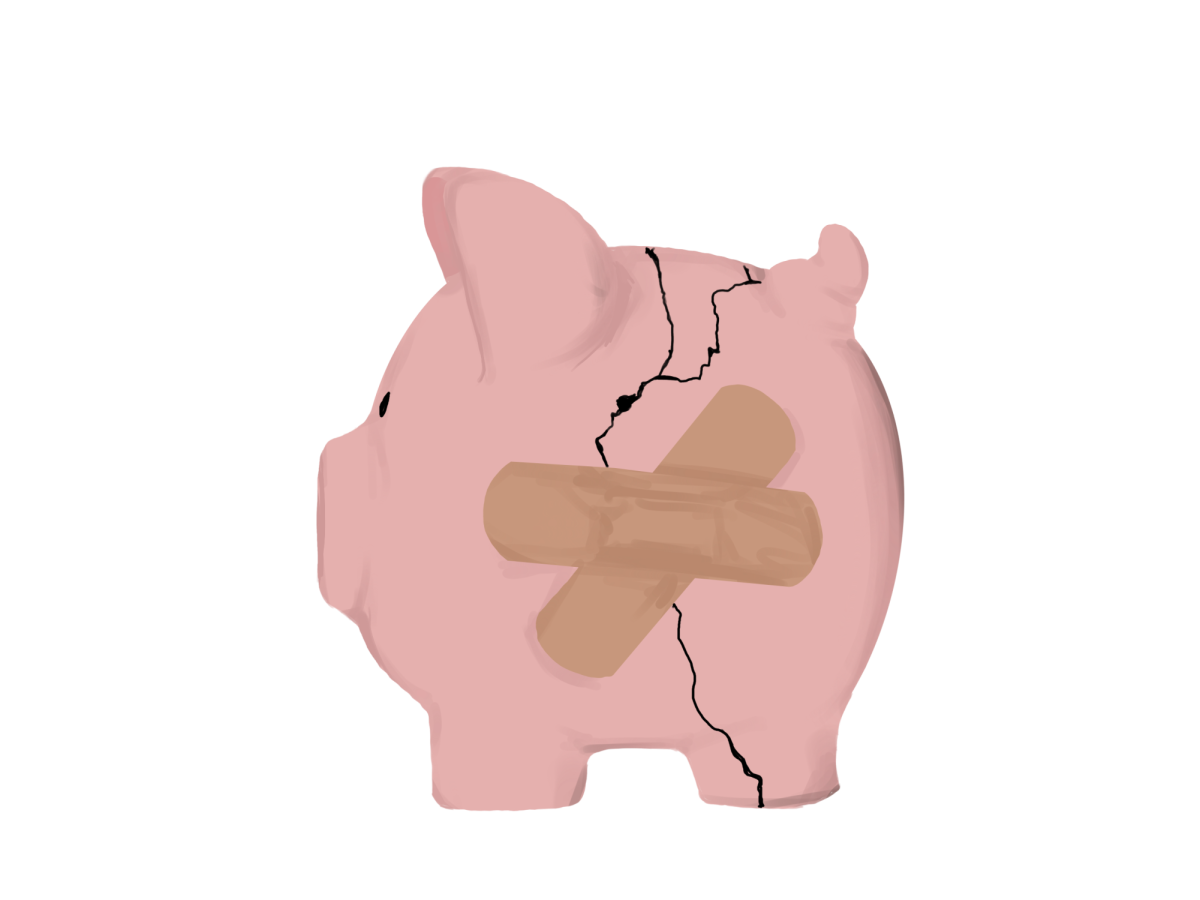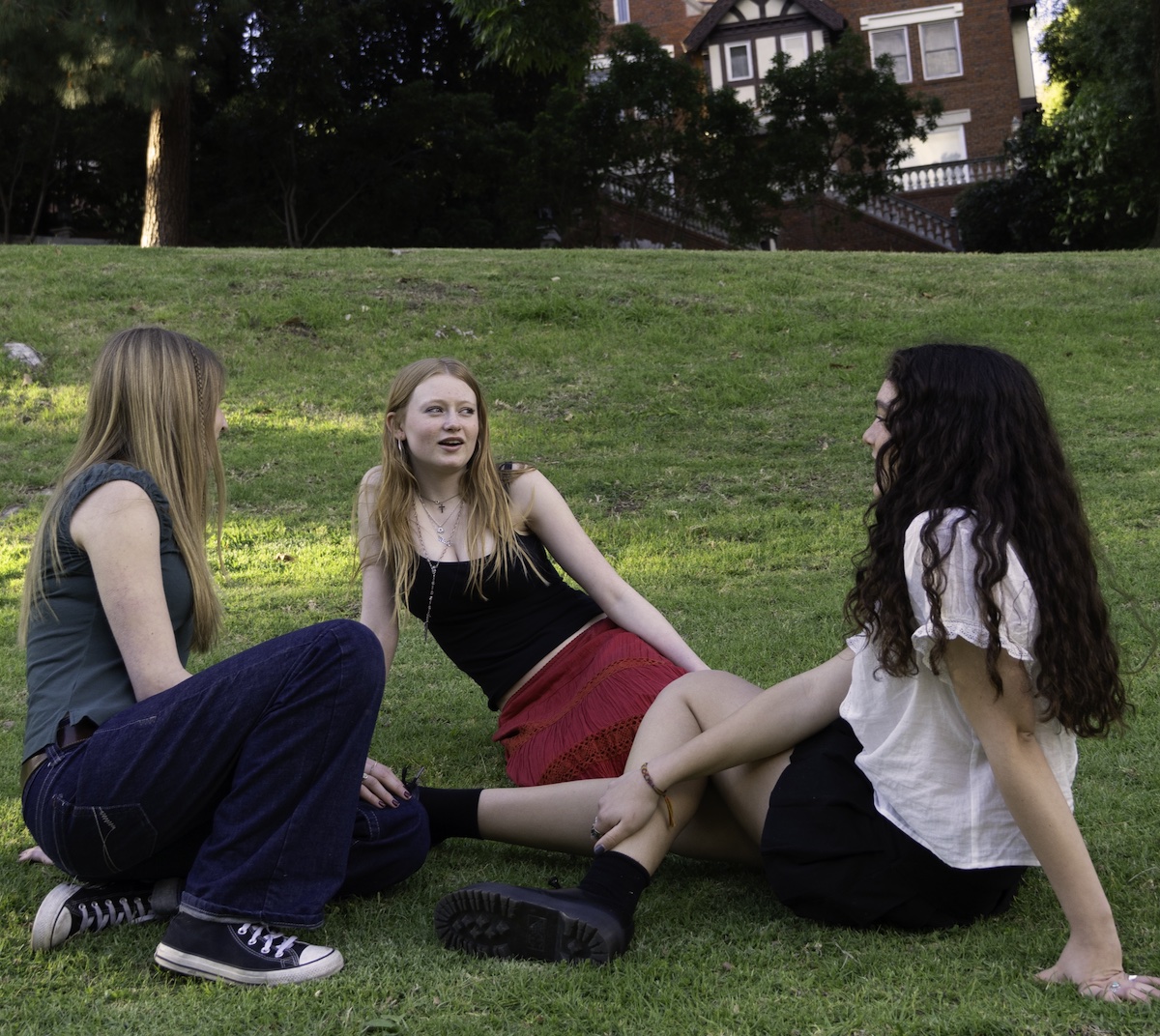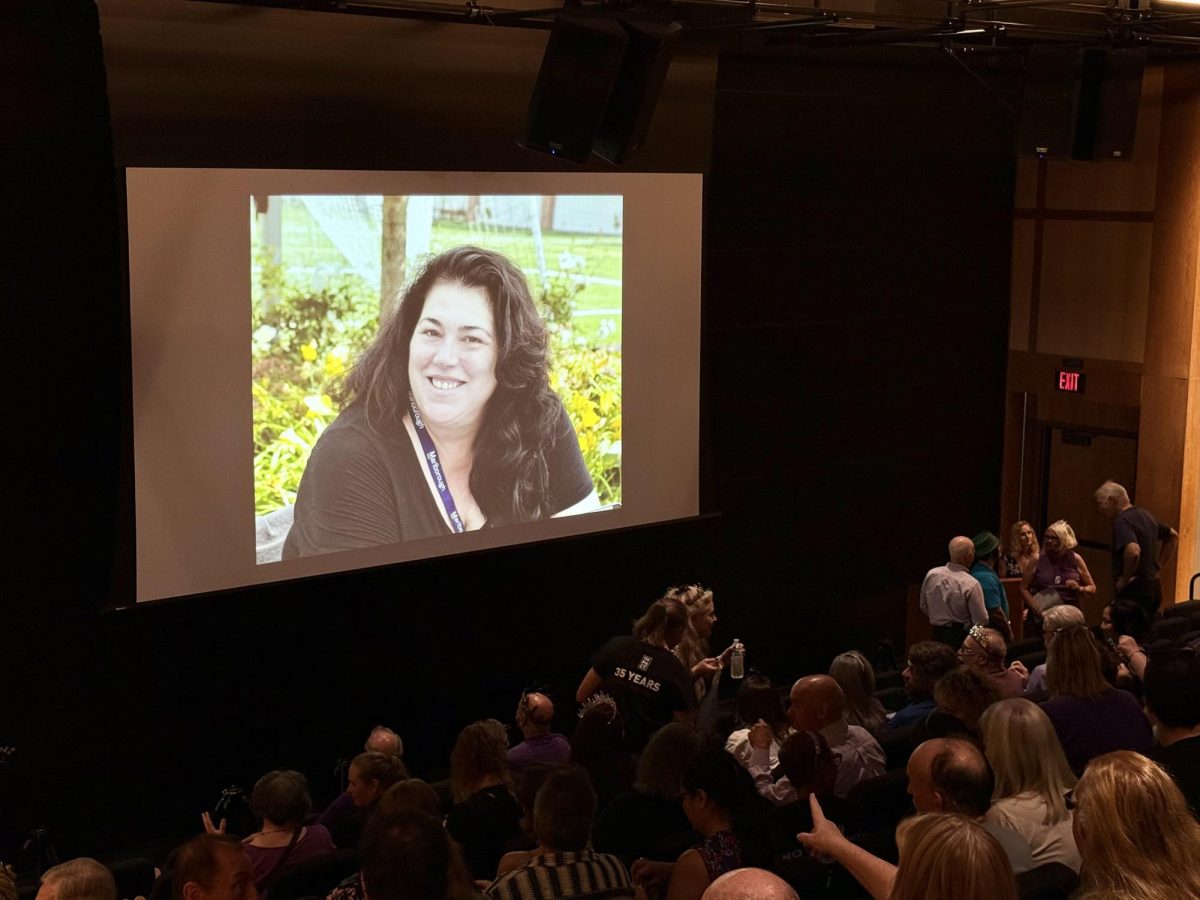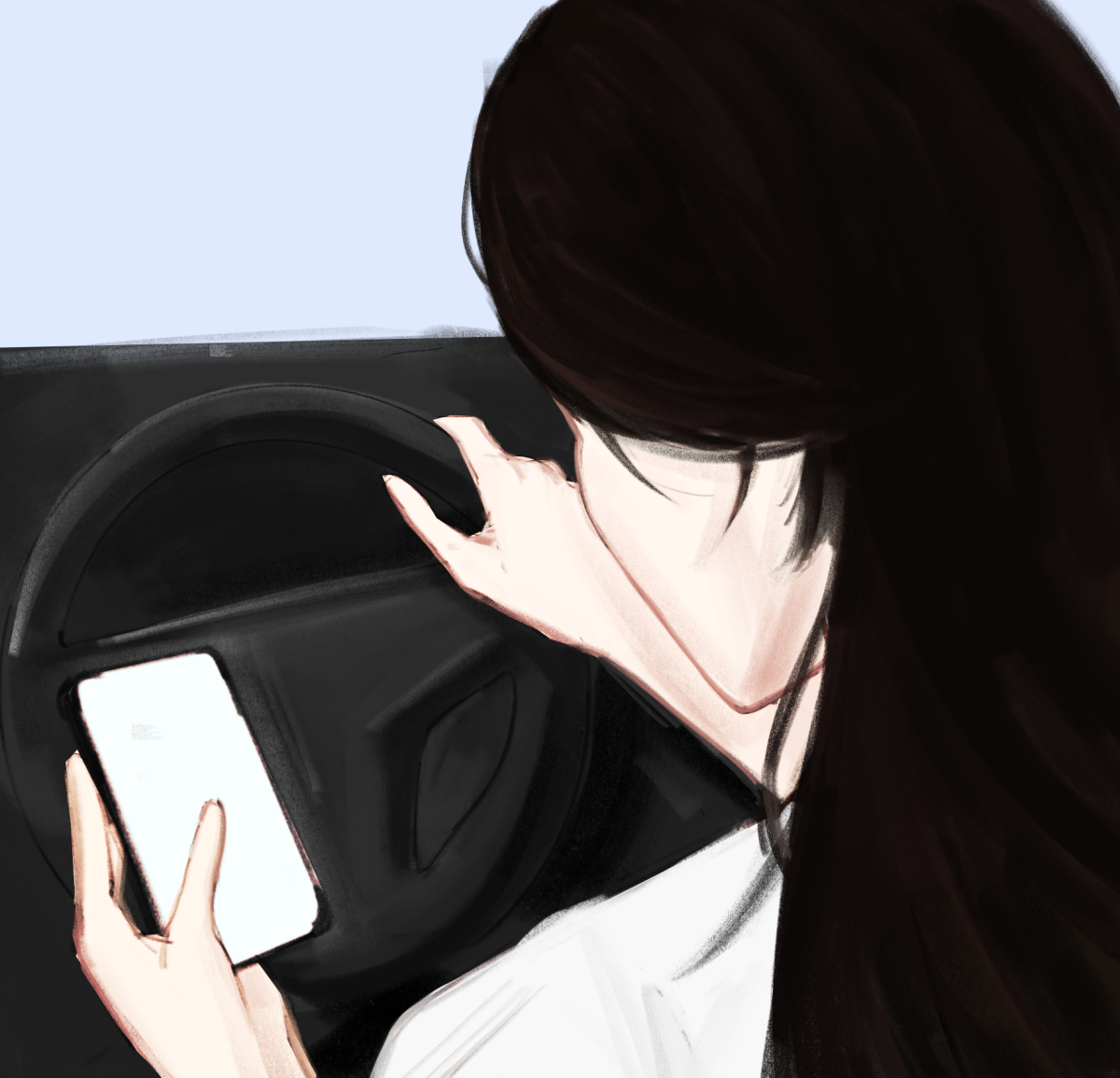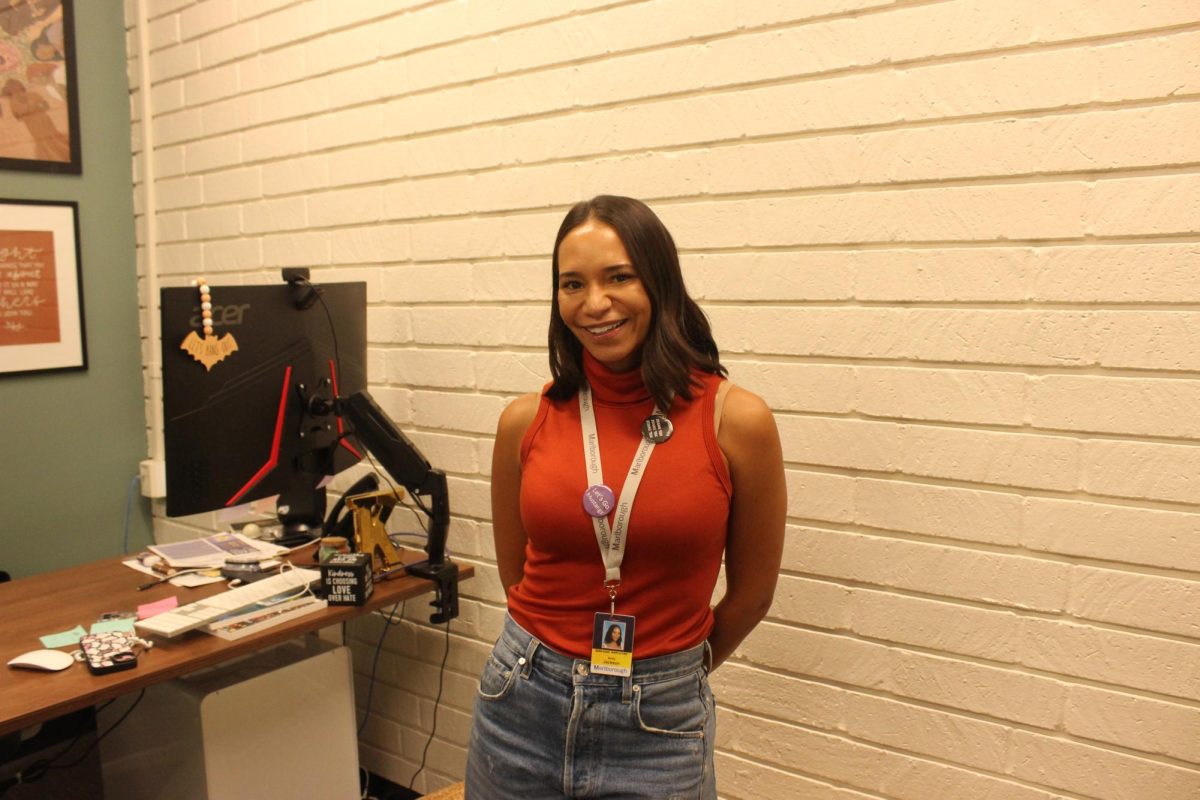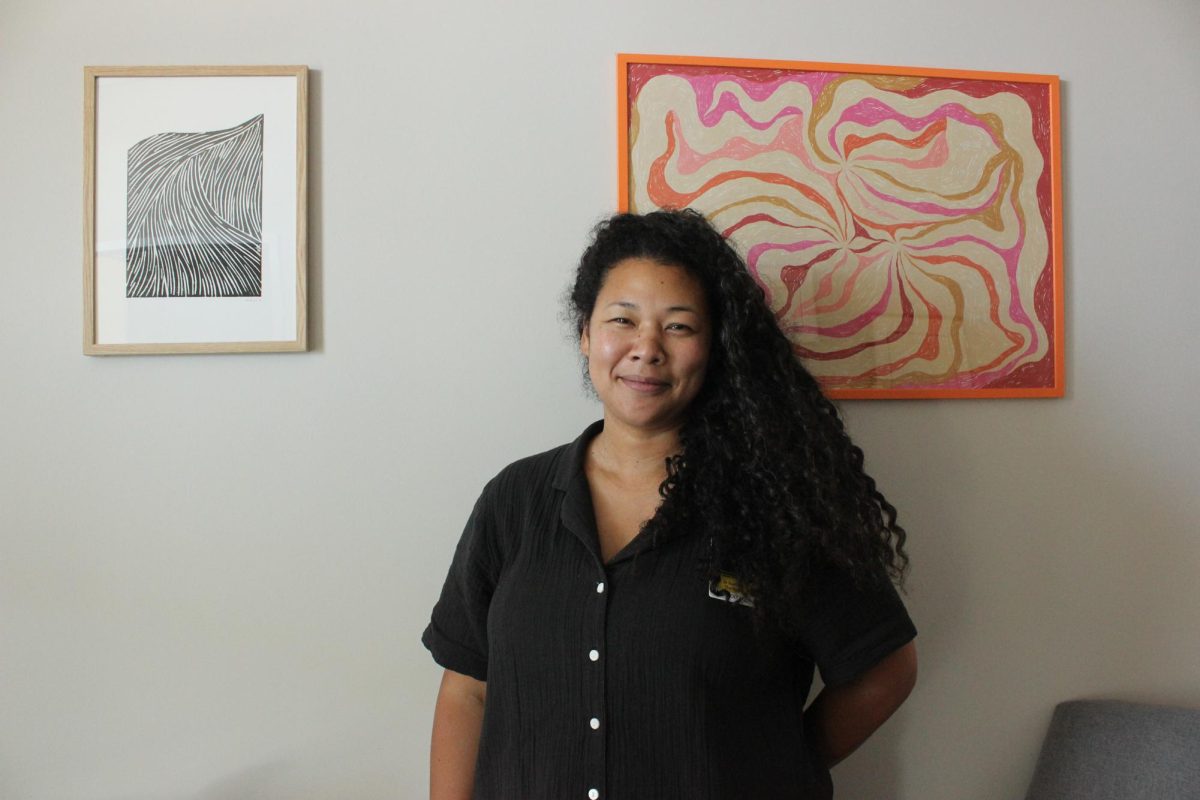By Claire ’24 and Millie ’25

Background
After Mahsa Amini’s arrest and death by Iran’s morality police due to her failure to fully cover her hair with a headscarf and her limbs with loose clothing, Iranian citizens have incited some of the largest Iranian protests in years in hopes to reform the government’s systematic oppression of women.
The Iranian government has denied these accusations, saying that Amini died due to underlying health conditions in custody, but her family and other protesters have continued to state that her death was due to a blow to the head or the organs. Additionally, some eyewitnesses claimed that they witnessed the police harming Amini in their police van, and one of the top medical officials in the southern province of Hormozgan, Dr. Hossein Karampour, has claimed that her injuries showed she suffered from a head injury as a result of bleeding. For these reasons, the protesters hope to expose the Iranian government’s lies and corruption.
The hijab law, which mandates that women wear a hijab in public, was introduced after the Iranian Revolution of 1979 and started being enforced in 1983. Stricter legal and criminal measures, including imprisonment for the hijab law, were enacted over the following decades. Since the initial proposal of the law in 1979, women have continuously protested against the mandate.
In 2018, there was a change in the enforcement of the hijab law, which stated that women who did not observe the Islamic dress code properly were to be sent to an educational class as opposed to facing criminal charges. The educational class aimed to teach disobedient women true Islamic values. However, there have been few restrictions on the morality police and their actions, so they have been able to abuse women who were detained.
Many Iranians have been deeply outraged by the mistreatment of women under the Iranian regimes for several years, but it has only increased since President Ebrahim Raisi was elected in 2021. Raisi has advocated for a return to an extremely strict observation of the hijab, similar to that of the early Islamic Revolution, including imprisonment for up to two months and high fines. He believes that younger women have been disregarding the law, as seen by their colorful hijabs and photos of their hair on social media. He has called these women foreign enemies of Iran. As former presidents Hassan Rouhani and Mohammad Khamati have attempted to bring Iran closer to the West, where social restrictions would be lesser, their reformist hopes have largely failed with the rule of Raisi. Now, Iranians are very frustrated, especially with the return to stricter policies from a president who may have risen to power in a potentially fraudulent election.
Many Iranian citizens have decided to stand in solidarity with Amini by fighting for their rights and the end of the hijab law. At many of these large demonstrations, women have burned their hijabs to make a statement against the violation of their bodily autonomy.
The morality police have responded with extreme violence. An Iranian general “acknowledged that more than 300 people have been killed,” according to The Associated Press, while The Guardian reported “at least 58 children” have been killed since the protests began. Additionally, several journalists who initially reported on the death of Amini have been arrested. Schools have reportedly been raided after participating in “anti-state” agendas and some of the children have been sent to psychological centers.
As many of the protesters are young and active on social media, they are able to share their situation with the rest of the world. Many Iranian activists and protesters have seen how the restrictions in Iran don’t exist in other countries and are angered with the ways in which they are forced to live. However, due to their ability to document this reformist movement in Iran, many hope that these protests will be the first to change the hijab law permanently.

Global Response and Protests
“Woman, Life, Liberty” is chanted throughout the world as a call to action and protest against the Iranian morality police’s violations of women’s rights and bodily autonomy, generating responses from the people and governments of countries around the world. This slogan is one of many used to protest the injustices faced by Iranian women with both financial penalties and social pressure placed on the Iranian regime by countries in the European Union as well as Canada, Tokyo, Australia and the United States.
Civilians in 159 cities around the world have sent responses of solidarity with protesters in Iran through rallies and strikes. So far, 80 cities have denounced state violence against women, calling for an end to the Islamic Republic. Specifically, protesters in Australia have spoken out with the slogan “Be Our Voice” as a response to the violent repression of demonstrations and cutting off internet access by the Iranian government.
Social media campaigns have also been widespread in an attempt to increase publicity about the issue. One of the most impactful campaigns has been women throughout the world sharing videos of themselves cutting their hair as an act of political symbolism and a statement against the compulsory hijab for women in Iran. According to the Los Angeles Times, this is a similar practice to rituals in ancient Persian literature, which describe women cutting their hair in mourning or protest. More than just advocating against the compulsory hijab, these actions are statements to end the subjugation of women’s bodies, an issue faced by women around the world, including in the United States, where newly imposed laws have affected reproductive rights.
Along with social pressures, the Iranian government has also faced economic repercussions in the form of sanctions and financial penalties from the U.S., Canada and countries in the European Union. So far, the U.S. Treasury’s Office of Foreign Assets Control has designated seven Iranian leaders to face financial penalties because of internet shutdowns, repression of speech and violence inflicted on protesters. Countries in the European Union have called for sanctions against the Iranian government while the Canadian government has placed sanctions on 34 officials, including the morality police, issuing a statement that “Canada will always stand with Iranians and the victims of the regime.”
Despite the crisis receiving many global calls to action and international attention, according to U.S. News, protesters’ demands have not been heard, and instead, have been violently repressed and silenced. According to Politico, Iran’s supreme leader Ayatollah Ali Khanmenei has portrayed the protests as foreign plots “designed by American and the Zionist Regime and their employees” with the goal of destabilizing Iran. In contradiction to this statement, President Joe Biden has said he is “gravely concerned” about reports of the “intensifying violent crackdown on peaceful protesters,” according to BBC. Although rallies have been held in Israel in support of Iranian women, the Israeli government has not yet issued a statement in response to Khanmenei’s attack on Zionists.
The events in Iran have affected countries around the world, regardless of the state of women’s rights in those areas. With protests, social media campaigns and governmental action, countries are not only denouncing the actions of the morality police in Iran, but the violation of women’s rights and bodily autonomy in general.

Impact on Marlborough
The situation in Iran has also had a significant impact on many members of the Marlborough community. Recently, Marlborough has made efforts to further educate students and staculty on the situation and how they can be advocates for women in Iran. Many students even reported that they first heard about Mahsa Amini in their history classes.
Marlborough hosted two panels of Iranian-American speakers to talk about the protests on Oct. 11, the International Day of the Girl. The ASM included Iranian-American speakers of various backgrounds focusing on educating the student body, the history of the issue, the impact of the events on students’ lives as well as ways to take action. The Pushing Perspectives featured a panel of Iranian women talking about Iranian women’s rights, the importance of education, their experiences with the morality police as well as their life experiences.
“I think I had a base knowledge, but what the ASM did was go deeper into how [the protests] affect us and how it’s not just confined to what’s happening in Iran,” Kate ‘24 said.
In addition to helping students further understand the protests, the speakers also touched on how students can make a difference in the fight for women’s rights in Iran and across the world.
“Being more aware is what we can do as Americans,” said Ariana Romero, an Iranian-American women’s rights activist. “For example, not voting for a politician who stays silent on women’s rights issues, rather local or global.”

After the ASM, leaders of MOSAIC, Marlborough’s affinity group for students identifying as Middle Eastern or North African, sent out a list of ways for students to help advocate for women in Iran, including writing to the White House and using social media. While many have been speaking out on their social media platforms to spread awareness about the protests, students felt frustrated with the absence of coverage in the media, which has contributed to an overall lack of understanding regarding the protests. A major reason for the lack of coverage in the media is the Iranian government’s restrictions on citizens’ ability to publish information.
“It’s really unfortunate that there’s no social media coverage and that the government has prevented [Iranian citizens] from posting on social media because it provides a barrier to that kind of information and those kinds of resources that we could [otherwise] easily access,” Lana ‘24 said.
Regardless of the lack of information, the situation in Iran has been top of mind for many students. Lara Meyer ‘25 expressed that she is interested in learning more about what is going on and described her concern about the events occurring in Iran.
“It’s hard to imagine, like this could be your little sister,” Lara said. “It’s crazy that countries still have those laws about women when we are so progressive, and it’s crazy to me that people find it acceptable.”
Overall, members of the community expressed that they felt inspired by the speakers at the ASM and Pushing Perspectives and motivated to get involved. MOSAIC leader Talia ‘24 explained that some ways to help are protesting, researching the movement through the Center for Human Rights in Iran and taking part in the Lock of Hair Campaign.
“This is the first time I am witnessing the people of Iran determined to make a difference and fight for the future they desire and that brings me happiness and hope that circumstances in Iran can be improved,” Talia said.



